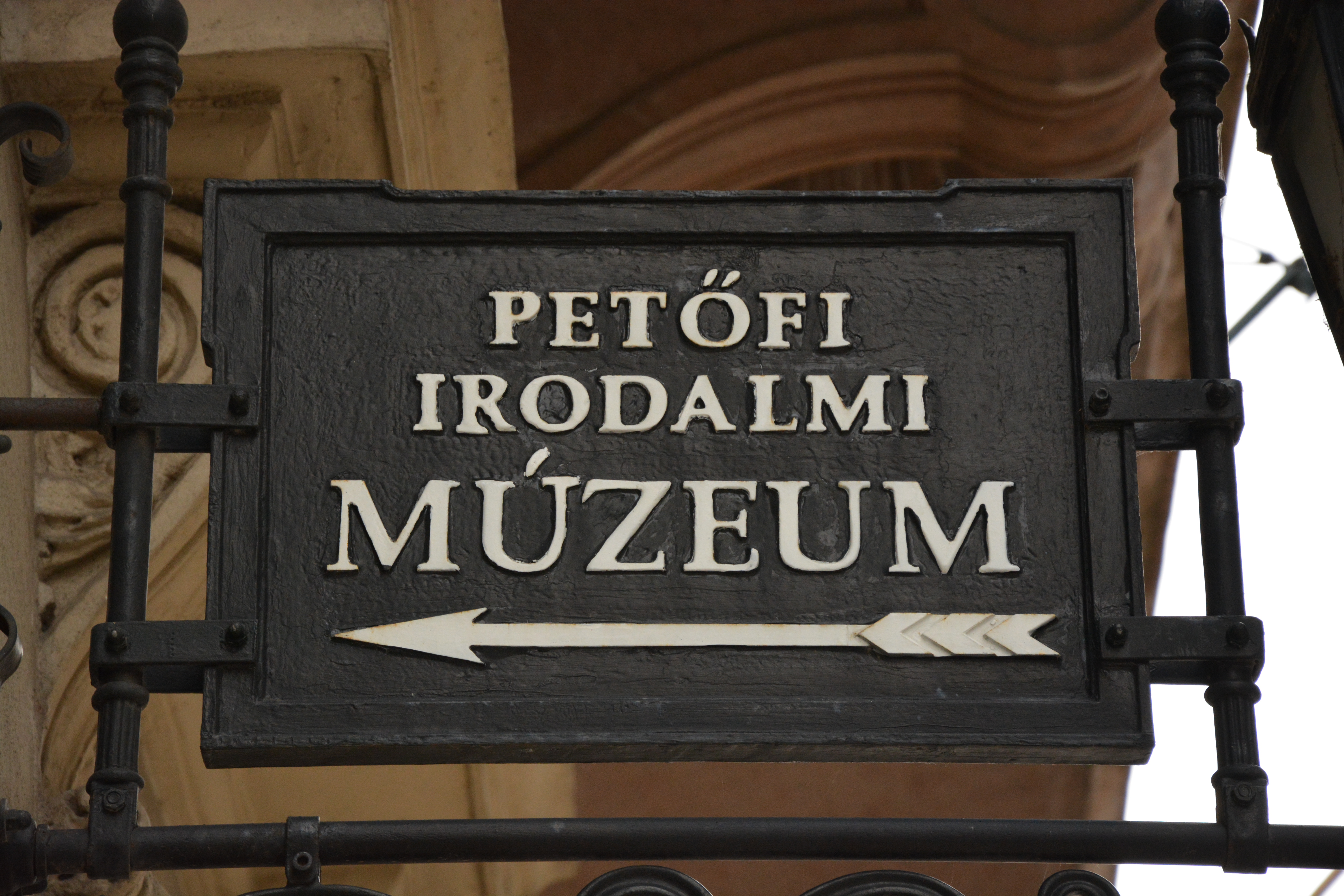
Shakespeare and Wikipedia. Two words which belong to highly different circles of learning, while Wikipedia is often mentioned on the blacklist of most teachers, Shakespeare belongs to the highest spheres of learning. Yet, the Hungarian Shakespeare Committee is enthusiastic about bringing Shakespeare into the digital world for Hungarian readers and providing a safe source for the keen would-be Shakespeare scholars.
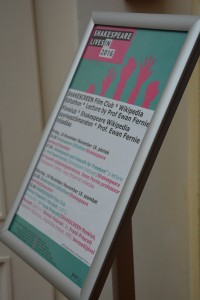
The imposing building of the Petőfi Literary Museum hosted the event for the third time and with its rich history and awe-inspiring rooms it proves to impress a new generation of master’s students. With the help of Pázmány Péter Catholic University and the head of the Department of English Litratures and Cultures, Zsolt Almási, the young master’s students had a chance to improve the state of the Shakespeare related articles and the international students contributed to the English language Wikipedia. We sat down to chat with them.
What is the main motivation behind the yearly Shakespeare Wikipedia Edit-a-thon?
Zsolt Almási: The main motivation behind the edit-a-thon lies in enrichment: enrichment of the learning experience and enrichment of human knowledge. All our classes are confined to classrooms and in all the papers students target one reader, i.e. their professor. Though this is a method that has worked quite well, yet some of the student papers should reach a wider audience. This course thus tries to resolve these problems, instead of the classroom we visit the awesome Petőfi Literary Museum to spend two days in its fantastic library (we are all students of the humanities, the library should be our dwelling place). The readership then is increased substantially from the professor to whoever can read the language of the paper, or rather Wikipedia entry. This increase, in turn, gives greater weight or responsibility to the author, as from the publication of the article people will use it almost uncritically, so this way the contents of the article will be treated as not just an opinion but rather as knowledge. Secondly, arts students have a responsibility towards society, they study human culture so they are the most qualified to share their knowledge with the public on these matters. And being an advocate of the Open Access movement I find Wikipedia an appropriate platform for doing this. If we can enrich both the learning experience and the human culture, we should try our best.
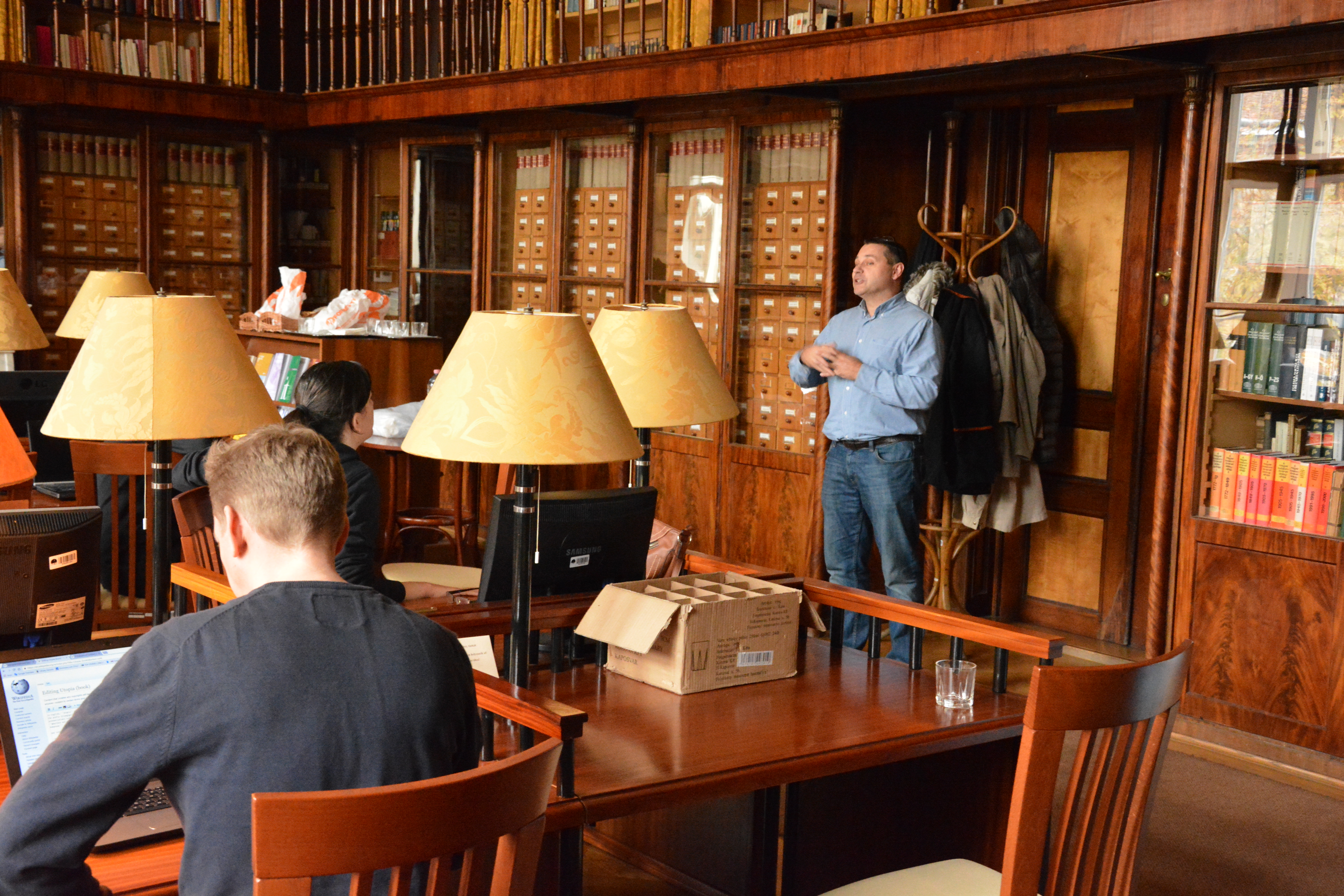
What did you write your article on and why?
Orsolya Puskás: I wrote my individual article about John Fletcher, one of Shakespeare’s contemporaries. Fletcher was among the most prolific and influential dramatists of his day, that is why I chose precisely him to write about. It is also said that his fame almost rivalled Shakespeare’s. Seen him in this light, I felt that it would be important to have a Hungarian Wikipedia article about his life and career so that everyone who speaks Hungarian could get acquainted with his greatness and importance, as he wrote several plays in collaboration with Shakespeare. Some of the most important and well-known products of their collaboration include plays such as Henry VIII, The Two Noble Kinsmen, and Cardenio.
With Judit Szakács we wrote about The Two Gentlemen of Verona, which is considered to be Shakespeare’s first play.
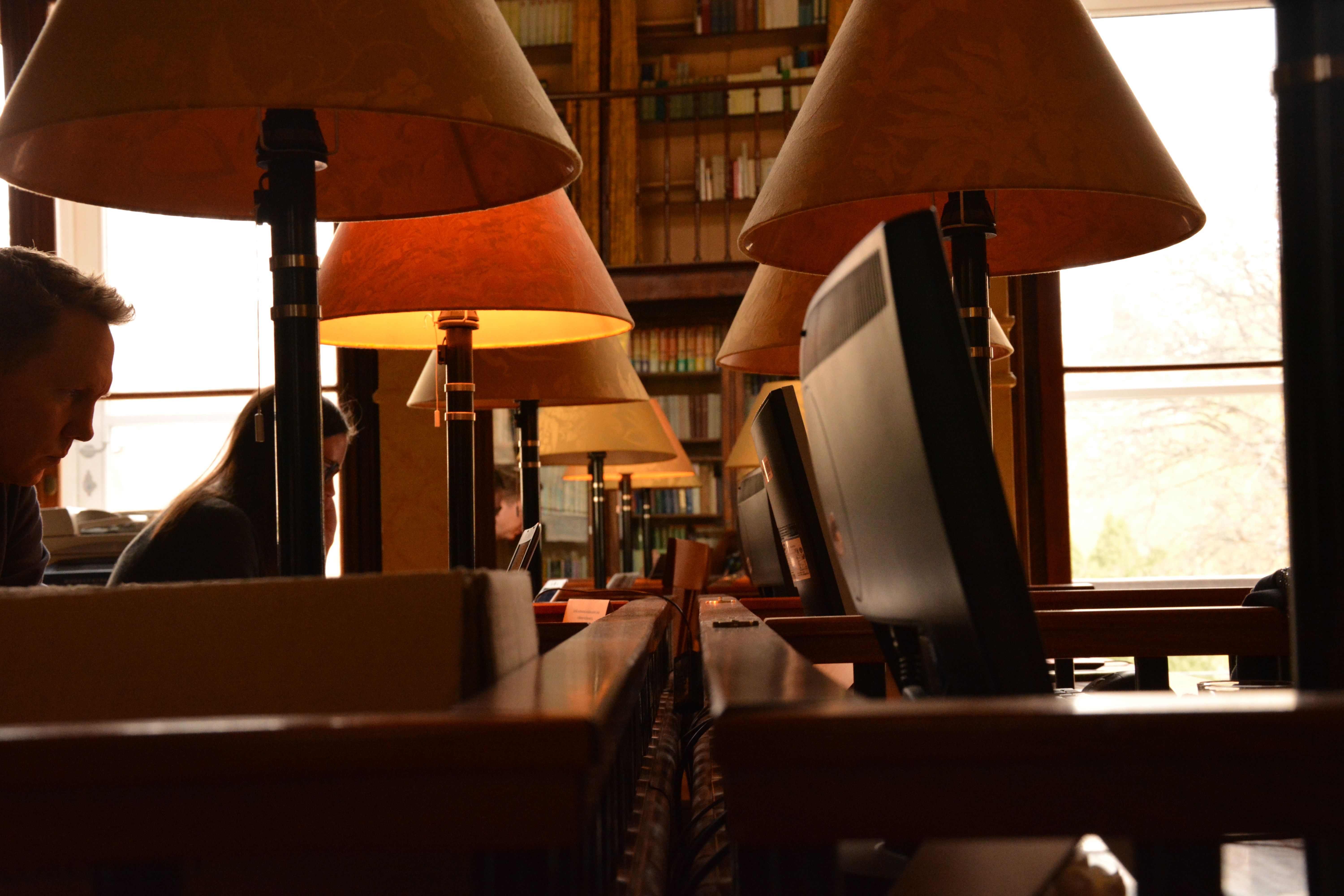
What do you think is the most important aspect of Wikipedia?
Jeffrey Baus ( who wrote two English language articles: A Dialogue of Comfort against Tribulation and Astrophel): The most important aspect of Wikipedia is that it is free. I believe information, and the access to that information, should be free and available to everyone. In a digital age, we no longer use libraries (which were never really free, i.e. taxes) but the internet. I think in order for society to resist the vulgarisation (or dumbing down) of culture the open source movement must expand both the accessibility and the amount of information available.
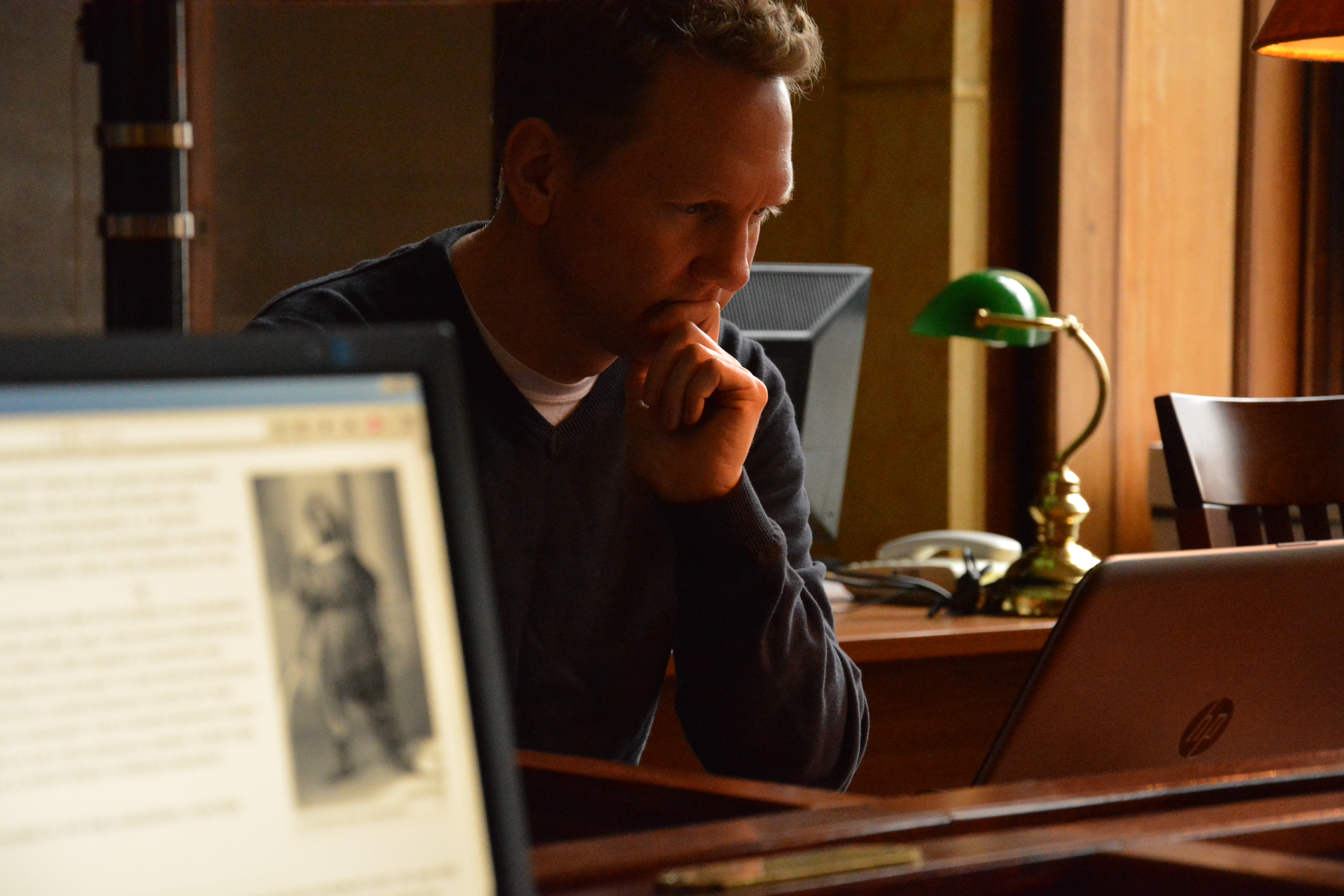
How do you find the Wikipedia editing experience? Can you see yourself writing more articles in the future?
Erzsébet Petrányi: I have never published any articles yet so it was an entirely new experience for me. I liked the team, everybody present was really helpful and was more than happy to help. The guys from the Hungarian Wikipedia were great too nothing was too much of a trouble for them. Prof Almasi was amazing as well. He took us to a restaurant, bought us food, urged us to have coffees and breaks so we don’t get too stressed. I also appreciate the kindness and the generosity of the colleagues of the museum who showed us around, and the director of the museum who let us peep into secret rooms and showed us pictures of the early 19th century which are usually not shown to the public. It was a great experience I learned a lot and enjoyed myself at the same time. I’m interested in publishing articles, I hope I will find the time and the energy to do so.

What is the relevance of Shakespeare Wikipedia in today’s digital world?
Judit Szakács (whose individual article was on Anthony and Cleopatra): As for your question, I do not think it matters much that we live in the digital age when it comes to the content of Shakespeare’s works. As cheesy as it sounds, he is timeless: the issues he touches upon in his plays and poems – may they be political, gender-conforming, or even sexual – are just as valid in today’s society as they were 400 years ago. Of course, technology is a part of our lives that is there with us at all times and we’d be fools not to take advantage of this. Research conducted through the Internet is the easiest and fastest way, not to mention the vastness of audience it reaches.
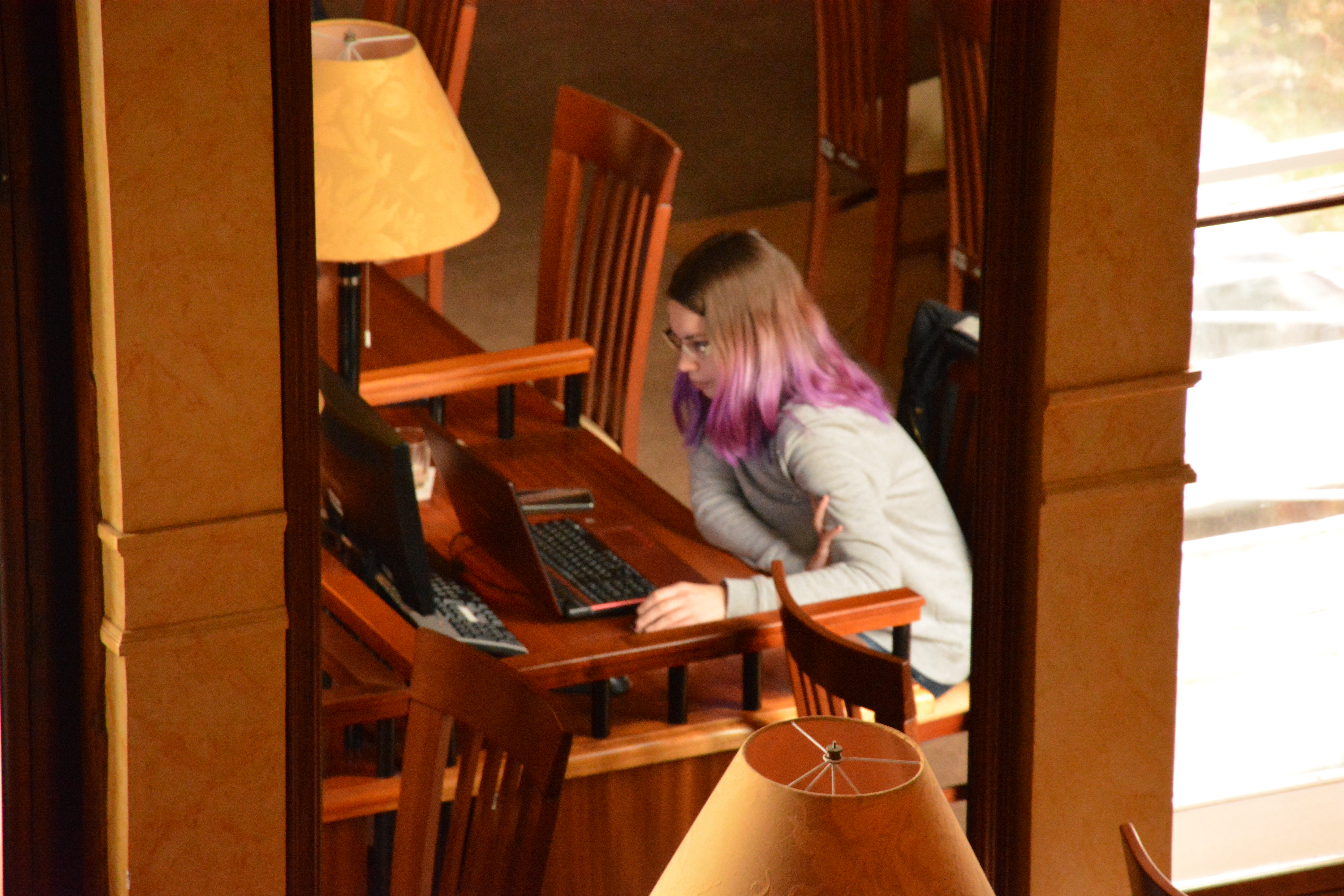
How did your opinion on Wikipedia and open access sources change during the construction of your articles?
Koncz Krisztina: I think it changed my perspective because it evoked certain motherly feelings. I love my article unconditionally even if it has its flaws. Now jokes aside I think open access is awesome, since no matter how I look at it, it makes my life much, much easier. Not only my academic life, mind you. I don’t think I should condone dying for it like Aaron Swartz, but I understand his reasons for doing so. It is yet another revolution.
We are extremely proud of All the articles born in November, and we are looking forward to next year’s event.


Source of Images: Hagyacki Dorottya


